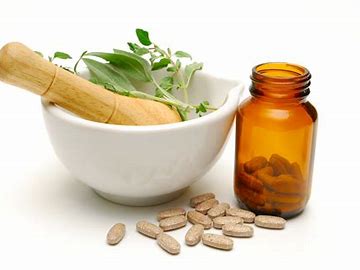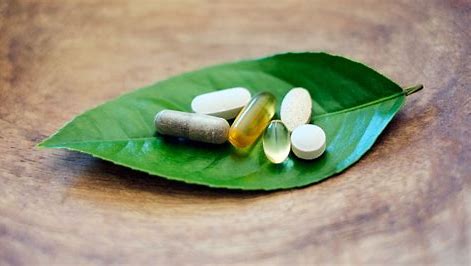Nearly three quarters of us use some form of complementary
medicines, including vitamins, minerals, herbs, aromatherapy and homeopathic
products. But are these as safe as we think?
The word ‘natural’ is advertised across packages of food,
supplements, herbs and even detergents. That’s because when we read ‘natural’
we tend to think pure, unadulterated, and harmless. But this may not always be
the case.
Reviews of studies on widely available complementary
medicines have found that while some have been well-studied and found to be
effective, many have not and evidence for their effectiveness is often lacking
or of poor quality.
Health risks
Like pharmaceutical drugs, complementary medicines can cause
harm, even if they are used correctly. The risks include:
Indirect harm: relying on complementary therapies alone
could delay your diagnosis and medical treatment. In the case of serious
illnesses, such as cancer, a delay can lead to serious complications or death.
Side effects: some supplements and herbs can cause unwanted
and potentially dangerous side effects. For example, the herb feverfew can
cause uterine contractions and possible miscarriage in pregnant women.
Drug interactions: some complementary medicines can interact
with over-the-counter or prescription drugs. These include evening primose oil,
ginkgo, glucosamine, hawthorn, and St John’s wort.
When you’re prescribed a medication, or start taking a
complementary medicine when you’re on other medication, it’s wise to let your
doctor and pharmacist know everything else you are taking. This is particularly
important if you are undergoing surgery, as certain herbal medicines and
supplements can interfere with anaesthesia and other medication, as well as
with blood clotting and blood pressure.
Risky ingredients: some complementary medicines may not
contain what they claim. Last year a major research project lead by researchers
from the University of Adelaide and Western Australia’s Murdoch University and
Curtin University found many supplements and herbal medicines available to
consumers were not exactly what they claimed to be.
More than two thirds of the products tested either had
ingredients missing or contained foreign material, including DNA traces of
frog, shrew, reindeer, goat and dog. In a small number of cases, herbal
supplements contained levels of lead, arsenic, cadmium or mercury that exceeded
the safe maximum dose, while others contained undeclared drugs, including an
anti-inflammatory pharmaceutical.
While the traces of heavy metals and pharmaceutical drugs
are concerning and potentially dangerous, the researchers suggested
contamination from commonly domesticated animals could be inadvertent and due
to manufacturing deficiencies or transportation.

Stay safe with complementary medicines
- If you are feeling unwell, first see your doctor
for a diagnosis and treatment – don’t self-diagnose.
- Choose a complementary therapist who is
registered with the appropriate professional association.
- It can be hard to tell what is a good product or
not. Some countries, like Australia have a register for approved products. It
is important to note that there is no guarantee that a product will work for
you as advertised.
- Avoid buying online from an overseas retailer,
even though they may appear better value. The products could be out-of-date,
poor quality or even fake.
Stay informed. There is plenty of medical misinformation or
‘cyberquackery’ online. Make sure you seek out reputable websites to get
information about complementary medicines and therapies, such as National
Center for Complemetary and Integrative Health at www.nccih.nih.gov.